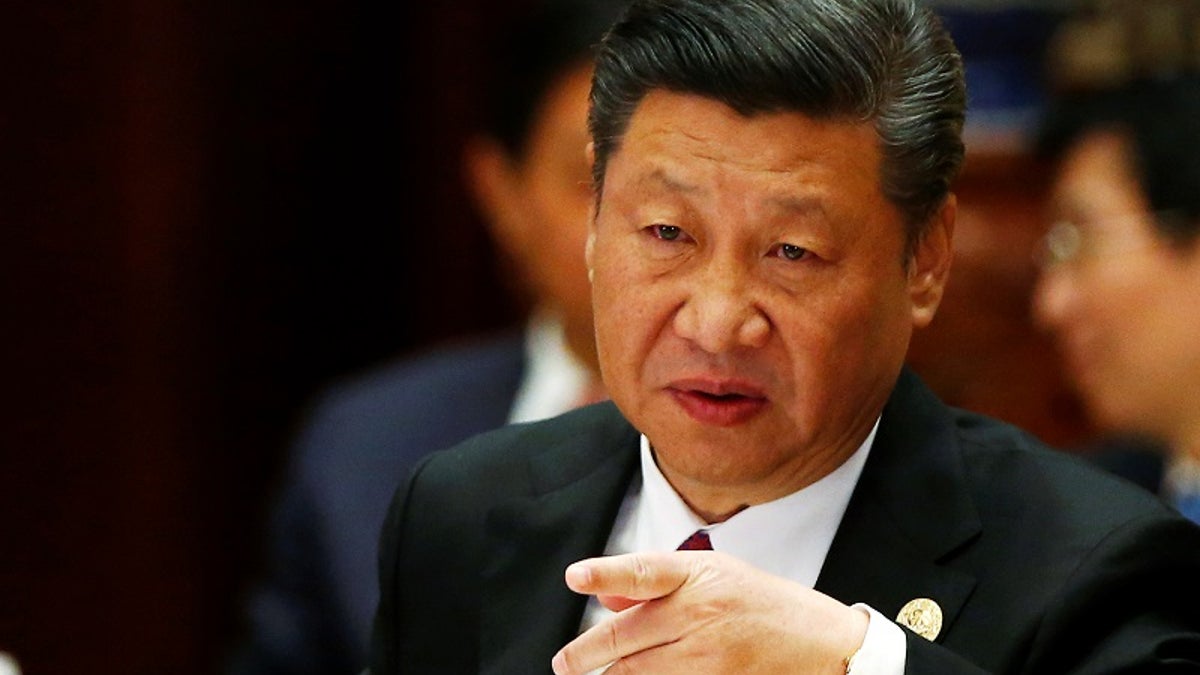Fox News Flash top headlines for August 24
Fox News Flash top headlines are here. Check out what's clicking on Foxnews.com.
A Chinese province announced its plan to become the country's first region to ban gasoline- and diesel-powered cars.
"By 2030, the whole province will ban sales of fueled vehicles," reads the "Carbon Peak Implementation Plan" written by Hainan island, a province in the South China Sea, according to the Associated Press.
In addition to banning the sale of gasoline cars, the province plans to promote electronic vehicle sales by giving tax breaks and expanding the region's charging network.
AMID HIGH GAS PRICES, PETE BUTTIGIEG SLAMMED FOR TELLING AMERICANS TO SWITCH TO ELECTRIC CARS

A traffic warden wearing a protection mask walks on a street near Tiananmen Square in Beijing as the capital of China is blanketed by heavy smog. (AP Photo/Andy Wong, file)
The province aims to have nearly half of active-use vehicles in the province be electric by 2030, while cities will have "zero-emissions zones" that ban the use of gas vehicles in the area.
The plan comes amid a Chinese Communist Party push to encourage the use of electric cars, which it hopes will help clear up cities that have long been plagued by dense fog and give it an advantage in a growing market. In 2021, China already accounted for over half of the world's electric car sales.
According to data from Climate Trade, China remains the world's largest polluter, with CO2 emissions that nearly double the U.S., which ranks second. The country is also highly reliant on coal, with data from Carbon Brief showing that over half of China's energy consumption comes from burning the word's heaviest polluting fossil fuel.
CLICK HERE TO GET THE FOX NEWS APP
That reliance on coal could limit the benefits of China's push towards electric vehicles, with an increase in demand for electricity to charge the vehicles largely being supplied by coal-fired power plants.

FILE -- Chinese President Xi Jinping attends a summit at the Belt and Road Forum in Beijing, China, May 15, 2017. (REUTERS/Thomas Peter)










































